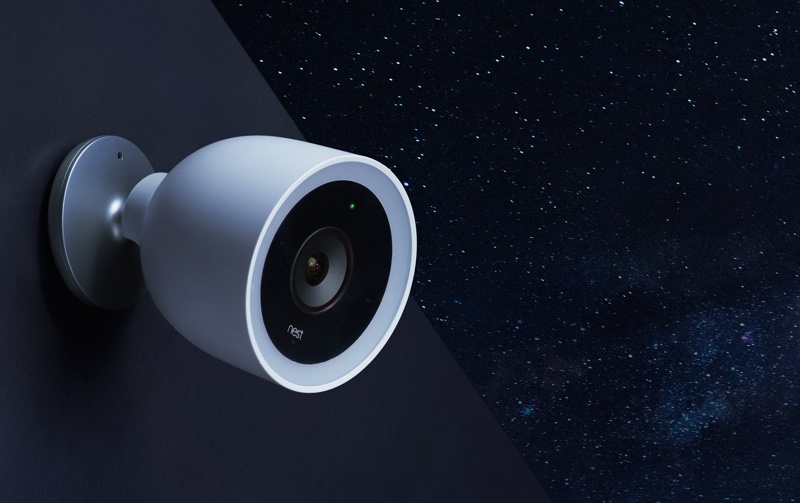
Google plans to lower the quality of its Nest cameras to preserve internet bandwidth as large numbers of adults and children work and play online amid the continuing stay-at-home measures.

A spokesperson for the company told TechCrunch that it will lower camera quality settings by default this week.
When the change takes effect, users will see video quality settings revert to Default (the middle setting between Low and High). Users can if they wish change the setting back to a higher quality at any time. Google plans to roll back the settings to users' previous preferences when broadband network traffic eventually eases off."To answer the global call to prioritize internet bandwidth for learning and working, in the next few days we're going to be making a few changes. We believe these changes have the potential to help make it easier for communities to keep up with school, work, and everything in between."
Many streaming companies have already taken similar precautions, with Disney+, YouTube, Netflix, and Apple TV+ all cutting streaming data bitrates in Europe last month.
Most of these changes began in Europe after the European Union asked companies to temporarily reduce streaming quality to ease the strain on broadband networks. Similar policies have since spread to the United States and other countries.
Article Link: Google Plans to Reduce Nest Camera Quality to Ease Network Strain


